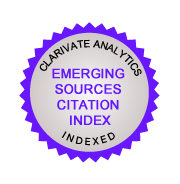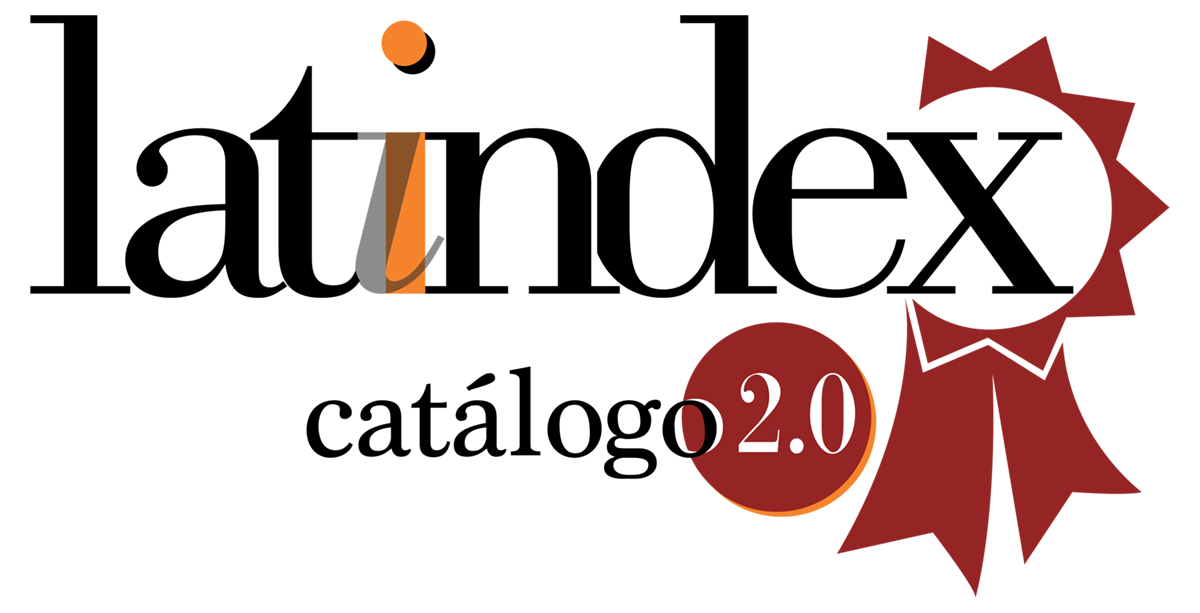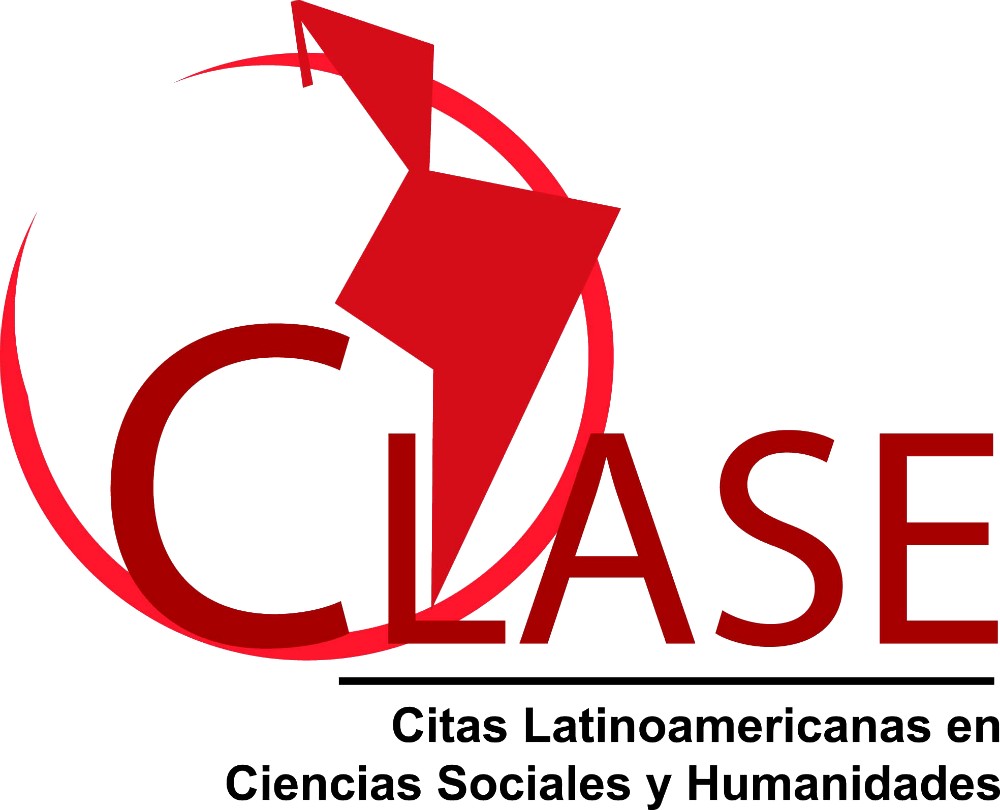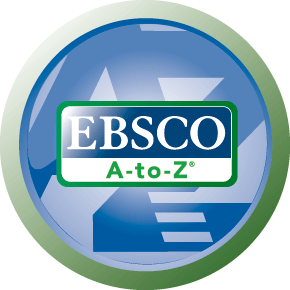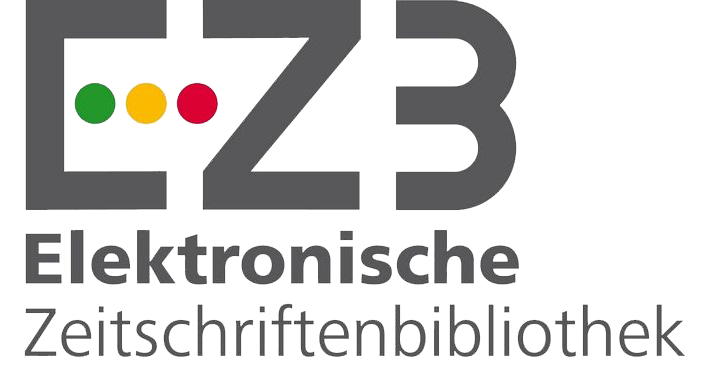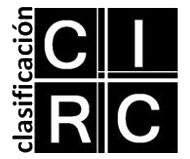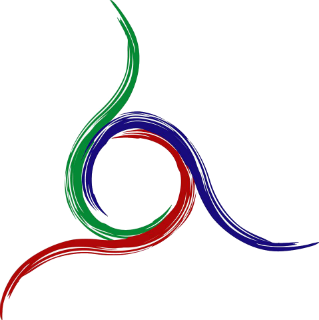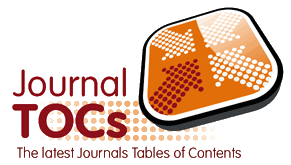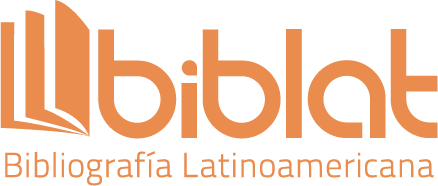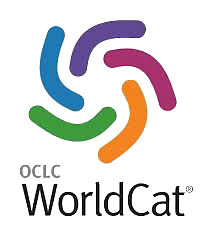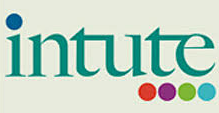Thinking the truth in times of fake news
Dialogues between History and Communicational Studies to re-think the problematic of the truth in digital journalism
DOI:
https://doi.org/10.24215/16696581e618Keywords:
Digital journalism, Fake news, Infoxication, Journalistic discourse, Journalism and truthAbstract
This work is part of a research work on digital journalism in Salta, Argentina, carried out within Project N ° 2681/0 New discursive formats: digital journalism and transmedia narratives under my direction, with the subsidy granted by the Research Council of the National University of Salta, Argentina.
Starting from the theoretical-methodological concepts of Microhistory placed in relation to communicational studies, we rethink the relationship between the discourse of both research practices - historical and journalistic - with the search for truth, which is evident in the communicative function: to inform - be truthful. We go back to the historical and journalistic methodologies that seek to systematize forms of information processing according to this communicative function, such as consulting documents or testimonies, sources of information, and the adoption of a historical and journalistic construction form different from the fiction story.
The production context of this study is that of global digital journalism from a local perspective, located in the City of Salta, Argentina. We are in a situation of extreme misinformation, proliferation of fakenews and the consequent crisis of public confidence in the press. It is in this context that a question is raised, certainly, not a rhetorical one: By any chance is truth worth it?
Downloads
References
Igarza Roberto. (2009). Burbujas de ocio. Nuevas formas de consumo cultural. Bs.As. La Crujía
Ginzburg Carlo. (2021). Aun aprendo. Cuatro experimentos de filología retrospectiva. Bs.As. FCE.
Maradeo Julián (2021) Fake News Cómo se fabrican en la Argentina y en el mundo. Bs.As. Ediciones B.
Ricoeur Paul. (1999). Historia y Narratividad. Barcelona. Paidós.
Rodriguez Cachera El virus de la desinformación en Muñoz Creuza (2021) Compiladora. El Atlas de las desigualdades. Claves para entender un mundo injusto. (Pp 78-79) Bs.As. Le monde Diplomatique Cono Sur
Scolari Roberto. (2020). Cultura Snack. Bs.As. La Marca
Downloads
Published
How to Cite
Issue
Section
License
La aceptación de un original por parte de la revista implica la cesión no exclusiva de los derechos patrimoniales de los/as autores/as en favor del editor, quien permite la reutilización, luego de su edición (postprint), bajo una Licencia Creative Commons Atribución-NoComercial-CompartirIgual 4.0 Internacional (CC BY-NC-SA 4.0)
Acorde a estos términos, el material se puede compartir (copiar y redistribuir en cualquier medio o formato) y adaptar (remezclar, transformar y crear a partir del material otra obra), siempre que a) se cite la autoría y la fuente original de su publicación (revista y URL de la obra), b) no se use para fines comerciales y c) se mantengan los mismos términos de la licencia.
La cesión de derechos no exclusivos implica que luego de su edición (postprint) en Question las/os autoras/es pueden publicar su trabajo en cualquier idioma, medio y formato; en tales casos, se solicita que se consigne que el material fue publicado originalmente en esta revista.
Tal cesión supone, también, la autorización de los/as autores/as para que el trabajo sea cosechado por SEDICI, el repositorio institucional de la Universidad Nacional de La Plata, y sea difundido en las bases de datos que el equipo editorial considere adecuadas para incrementar la visibilidad de la publicación y de sus autores/as.
Asimismo, la revista incentiva a las/os autoras/es para que luego de su publicación en Question depositen sus producciones en otros repositorios institucionales y temáticos, bajo el principio de que ofrecer a la sociedad la producción científica y académica sin restricciones contribuye a un mayor intercambio del conocimiento global.






